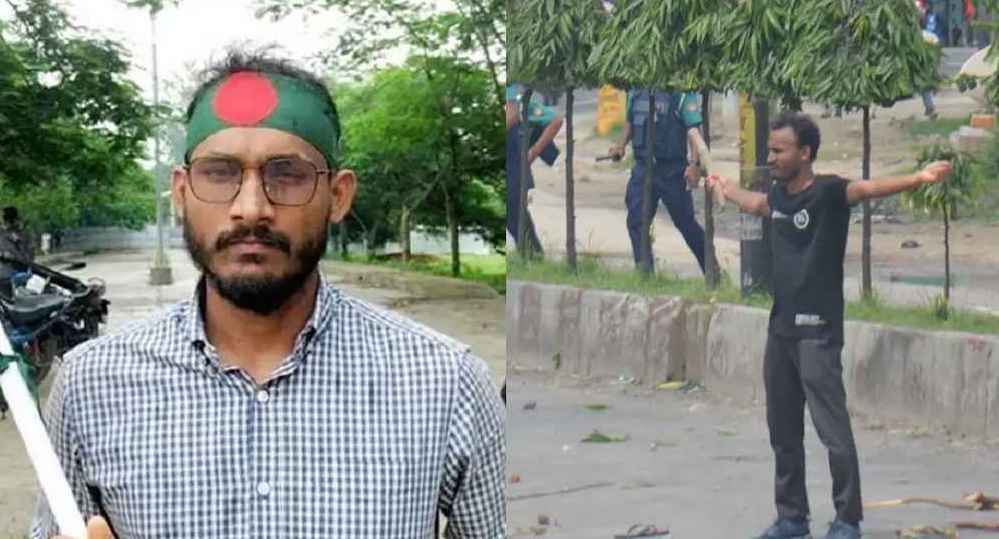
A formal complaint has been filed with the International Crimes Tribunal in the case of crimes against humanity in the killing of Begum Rokeya University student Abu Sayeed in Rangpur during the July uprising. The prosecution presented the complaint to the International Crimes Tribunal-2 headed by Justice Md. Nazrul Islam Chowdhury on Monday (June 30). A hearing on whether the complaint will be taken into account will be held at 11:30 am.
The other two members of the judicial panel of this tribunal are retired District and Sessions Judge Md. Manjurul Bashid and District and Sessions Judge Nur Mohammad Shahriar Kabir.
Earlier, on June 26, Prosecutor Md. Mizanul Islam told reporters at the tribunal premises that charges have been framed against 30 people after analyzing the investigation report, documents and the context of the July movement. The accused include former proctor of Begum Rokeya University Shariful Islam, former ASI of the police Amir Hossain, former constable Sujan Chandra Roy and leader of the banned organization Chhatra League Imran Chowdhury Akash. The names of the remaining accused have been kept secret.
The four accused in this case were earlier produced before the International Crimes Tribunal-1. The other members of the panel led by Justice Md. Golam Mortuza Majumder were Justice Md. Shafiul Alam Mahmud and retired district and sessions judge Md. Mohitul Haque Enam Chowdhury. The tribunal allowed the interrogation of the four accused in two phases on June 18 and 19.
It is worth noting that Abu Sayeed was shot at Park intersection in Rangpur on the afternoon of July 16, 2024, during the quota reform movement in government jobs. He was a student of the English department of Begum Rokeya University and a key organizer of the movement. When a video of her unarmed body, shot dead, went viral on social media, there was a strong reaction across the country and the movement gained momentum. In the face of this student uprising, Prime Minister Sheikh Hasina resigned on August 5 and fled to India.